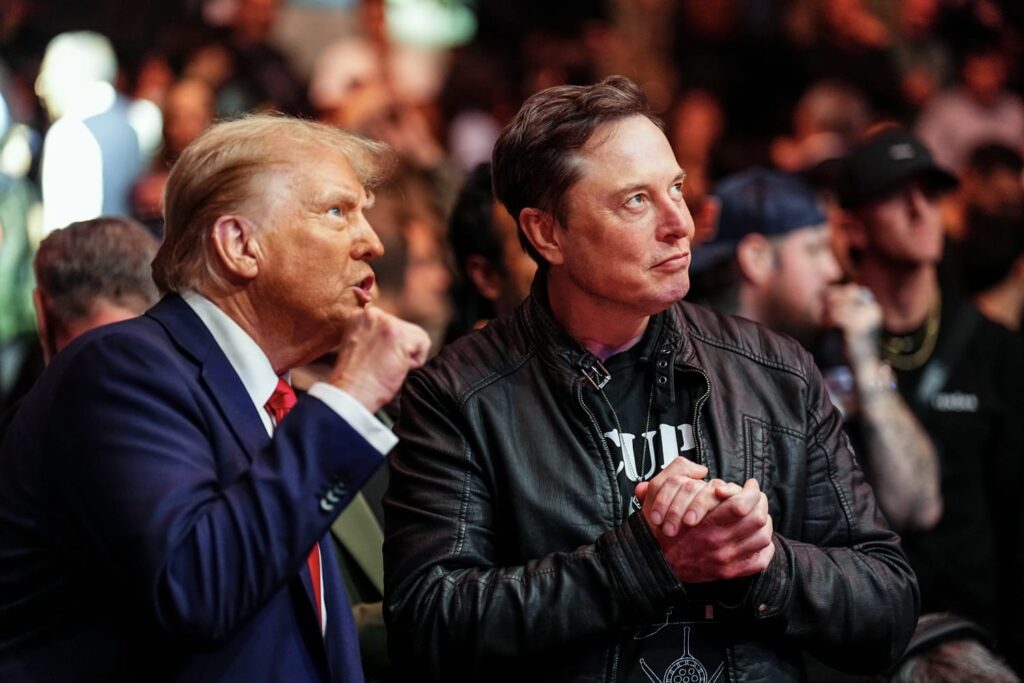Tesla CEO Elon Musk has publicly advocated for a “zero tariff” trade agreement between the United States and Europe, offering a sharp contrast to President Donald Trump’s newly announced tariff strategy.

Speaking at *The League Congress*, an event hosted by Italian Deputy Prime Minister Matteo Salvini on Saturday, Musk said he supports the creation of a U.S.–Europe free trade zone that eliminates tariffs and increases mobility between the continents.
“I hope it is agreed that both Europe and the United States should move, ideally, in my view, to a zero tariff situation — effectively creating a free trade zone,” Musk said during his live-streamed appearance. “Also, more freedom of movement for people between Europe and North America should be allowed, if they wish to work in either region.”
The comments mark a notable departure from Musk’s previous alignment with Trump, especially given the former president’s escalating trade war. Just days earlier, Trump announced sweeping new tariffs, including a proposed 20% tariff on imports from the European Union, triggering a sharp downturn in global markets.
On Thursday, one day after the White House announcement, major U.S. stock indices tumbled: the S&P 500 dropped nearly 5%, the Dow Jones Industrial Average fell 4%, and the Nasdaq plummeted 6% — the steepest declines since the early months of the COVID-19 pandemic.
At the White House press conference, Trump defended the measures, describing the U.S. as having been *“looted, pillaged, raped and plundered”* by trade deals he believes have harmed the American economy. He promised the beginning of what he termed a “golden age of America.”
In a follow-up post on Truth Social, Trump doubled down:
“THIS IS AN ECONOMIC REVOLUTION, AND WE WILL WIN. HANG TOUGH… We will MAKE AMERICA GREAT AGAIN!!!”
European Commission President Ursula von der Leyen responded swiftly, writing on X (formerly Twitter),
“Europe is prepared to respond. We’ll always protect our interests and values. We’re also ready to engage. And to go from confrontation to negotiation.”
The EU, along with other nations affected by the tariffs, has signaled potential retaliatory measures later this month, setting the stage for a renewed global trade dispute.
Musk’s vision diverges sharply from the protectionist policies championed by Trump. As a business leader with global operations—including Tesla factories and partnerships across Europe—Musk has long advocated for freer trade, reduced regulatory barriers, and increased cross-border labor mobility.
While the White House and Musk’s spokespersons have not yet commented on the remarks, the tech billionaire’s comments come at a critical juncture in U.S. foreign economic policy and global market stability.
As geopolitical and trade tensions rise, Musk’s endorsement of free trade could reignite the debate on globalization’s role in economic growth versus national interest protectionism.



